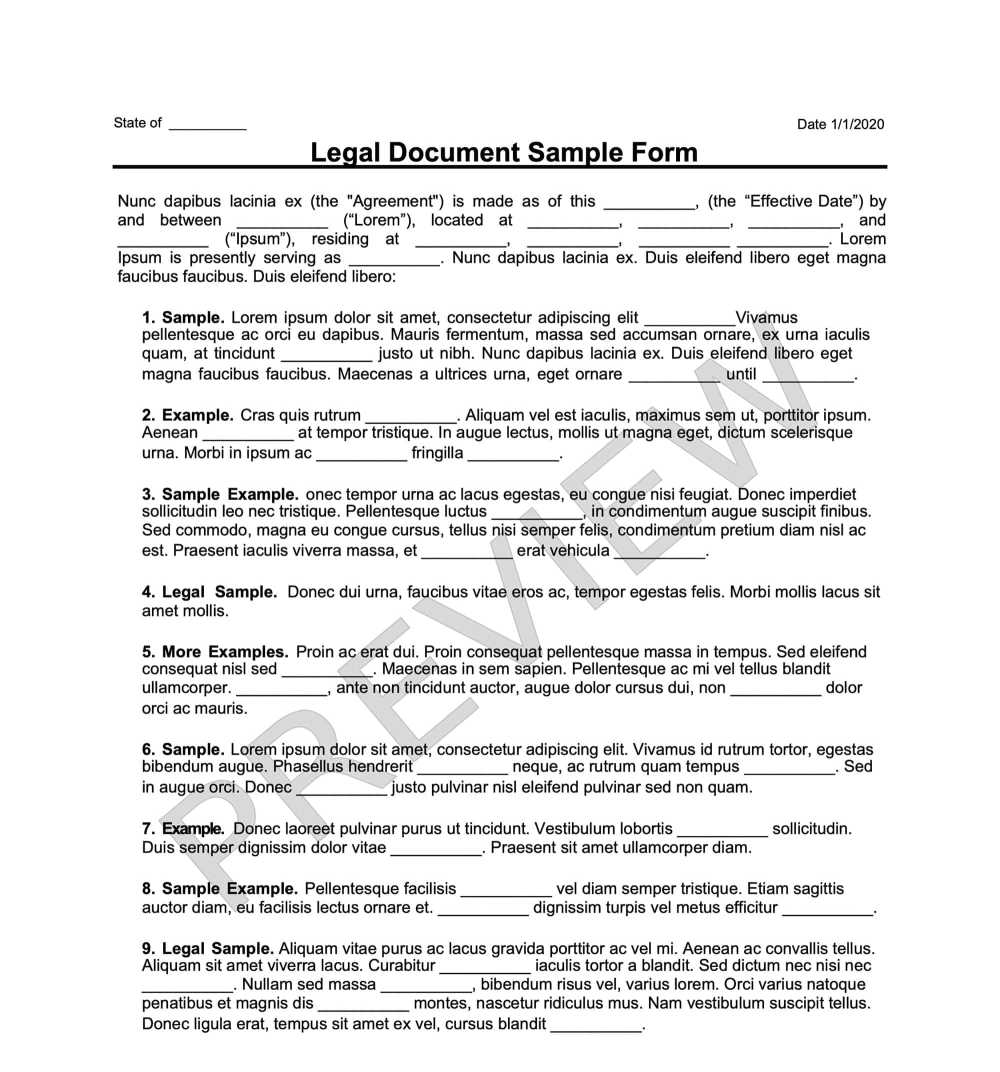Mutual Non-Disclosure Agreement
A Mutual NDA (Non Disclosure Agreement) is a legal document used by parties engaged in a business arrangement to mutually forbid the sharing of information defined in the agreement.


Frequently Asked Questions
A mutual non-disclosure agreement equally protects both parties listed, while a unilateral non-disclosure agreement only protects the party who is disclosing information. The latter document is often used between a business and employee.
You do not always have to use a written Mutual Non-Disclosure Agreement. In many instances, both parties may settle on an oral agreement. However, having a written contract is common too, and it would possess clear evidence of the agreement and all the provisions. A written contract may reassure both parties and prevent any misunderstandings that might ensue.
A properly executed NDA is legally binding. It is recommended to seek legal advice before breaking the terms in the NDA. Any breach of the contract can result in legal action, including damage compensation and a court order against disclosing the relevant information.
NDAs exclude the following:
Non-proprietary information: Information that is not classified as a trade secret or owned by one of the parties.
Subpoenaed information: If subpoenaed by a court, a receiving party can disclose information to the authority without violating the NDA.
Public information: All information considered public knowledge.
Common knowledge: Commonly known information in the industry.
Previously known information: A receiving party is not required to protect information learned prior to the NDA.
An injunction is a court order for one party to refrain from a certain act at the threat of contempt of court. As relates to a NDA, a court injunction would most commonly order one party to not disclose any relevant confidential information they are not supposed to share. The defendant who breaches a NDA may be ordered to pay monetary damage, but even before or after that, the claimant can petition the court for an injunction to order the defendant to not disclose the information or to refrain from disclosing any further.
The non-solicitation cluase is a covenant to refrain from using confidential information to poach clients or employees from the other party. While it can be a standalone document, the non-solicitation clause is often inserted into other contracts.




